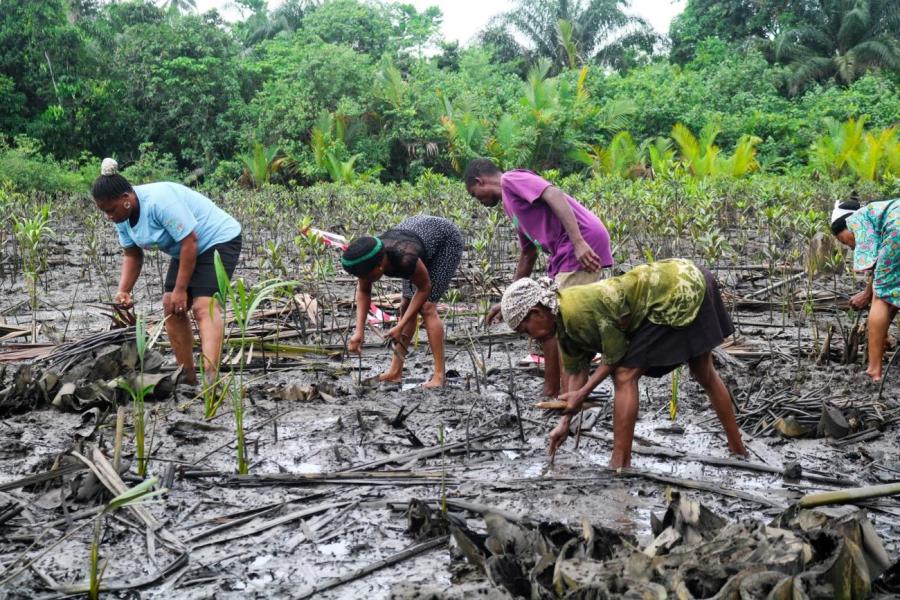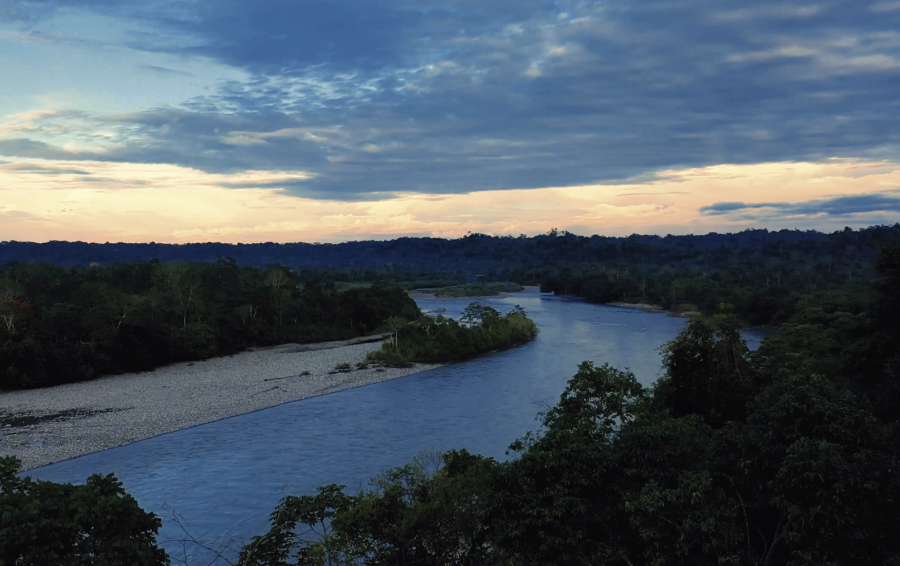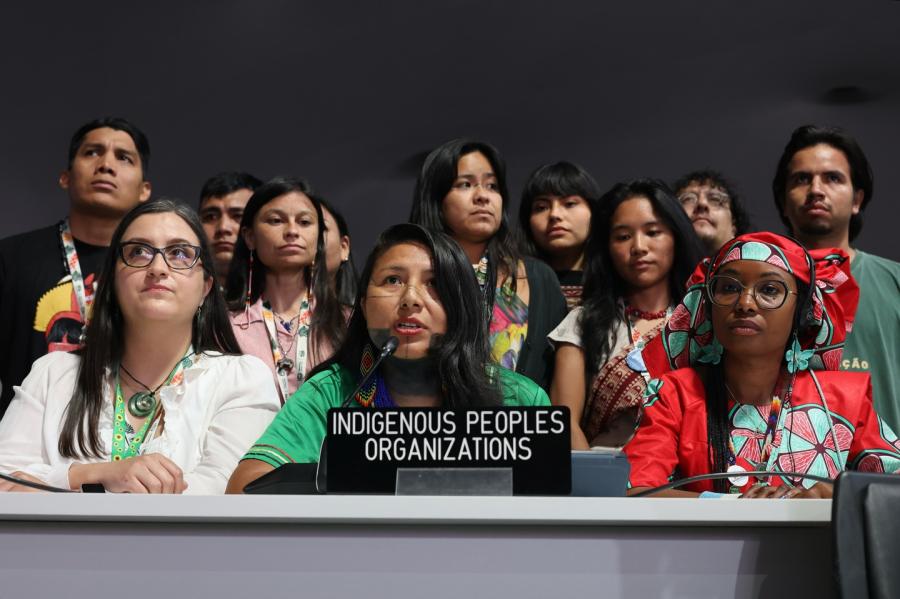
On July 12, 2016, Dev Kumar Sunuwar delivered the following intervention under Agenda item 6: Human Rights of Indigenous Peoples in Relation to Business Enterprises during the 9th Session of the UN Expert Mechanism on the Rights of Indigenous Peoples in Geneva.
Mr. Chair, distinguished representatives, Indigenous brothers and sisters.
I am Dev Kumar Sunuwar, pleased to make this intervention on behalf of indigenous peoples of Nepal.
Mr. Chair, the business ventures taking place in the ancestral lands, territories and natural resources of Indigenous Peoples are the prime causes of the human rights violations and the conflict in Nepal and elsewhere. In the course of implementation of 'business' related activities in their land and territories indigenous peoples have been facing multiple forms of human rights violations and abuses including torture, displacement, rape, killings etc.
Often funded by multinational corporations and business enterprises in the forms of development projects in Nepal have violated the indigenous peoples rights massively, including their right to free, prior and informed consent. Indigenous communities who stood against such projects have often been detained, tortured and injured seriously, and are left without justice. The World Bank funded Nepal Power Development Project and ongoing serious violations of indigenous rights in Sindhuli district for construction of Khimti-Dhalkebar High-Voltage Transmission Lines, the deployment of the army by government of Nepal in the Dhorpatan Hunting Reserve, restricting the movement in the lands and territories of indigenous peoples in Western Nepal without conducting any consultations with indigenous peoples concerned, are some of the cases in point, how business venture in Nepal have violated the rights of indigenous peoples in Nepal.
Mr. Chair, Indigenous Peoples Human Rights Defenders who are documenting such abuses and the community media as well as journalists who have been communicating such human rights violations by big business, have been vulnerable, often been threatened and killed in Nepal, in Guatemala including in many parts of Asia, the situation of indigenous peoples and media is no different in other parts of globe.
The government of Nepal has introduced the concept of 'National Pride project (Rastriya Gaurab ka Ayojana) and deployed security forces including Military forces, to carry out a number of hydropower projects, which directly or indirectly target Indigenous Peoples. Indigenous Peoples have been portrayed as enemies of the nation and national interest project.
Mr. Chair, the concept of public interest, national pride project and the principle of 'eminent domain' have often prevented indigenous peoples from getting due justice against the violation of their rights. It is the fact that Indigenous Peoples are not against development or any business enterprises, they simply want that their rights are being respected. Moreover, they have distinct concept of sustainable and justifiable development that is what they want state and business enterprise understand. In this regard, we Indigenous Peoples of Nepal would like to recommend Expert Mechanism on the Rights of Indigenous Peoples (EMRIP) to Conduct a study on the principle of Eminent domain and permanent sovereignty of indigenous peoples over land territories and natural resources in relation with concept of business and human rights. Similarly, we urge EMRIP to make recommendation to UN agencies, including states to support Indigenous Peoples Human Rights Defenders as well as Indigenous community media so that the media could help implement UN Declaration on the Rights of Indigenous Peoples as well as UN Guiding Principles on Business and Human Rights so as to bring into the international attention of such grave violation of human rights of indigenous peoples' rights by business enterprises.
I thank you all for your kind attention.
Presented by : Dev Kumar Sunuwar
On behalf of
Indigenous Media Foundation, Nepal
Lawyers' Association for Human Rights of Nepalese Indigenous Peoples (LAHURNIP)
Cultural Survival, not-profit organization based in USA.



